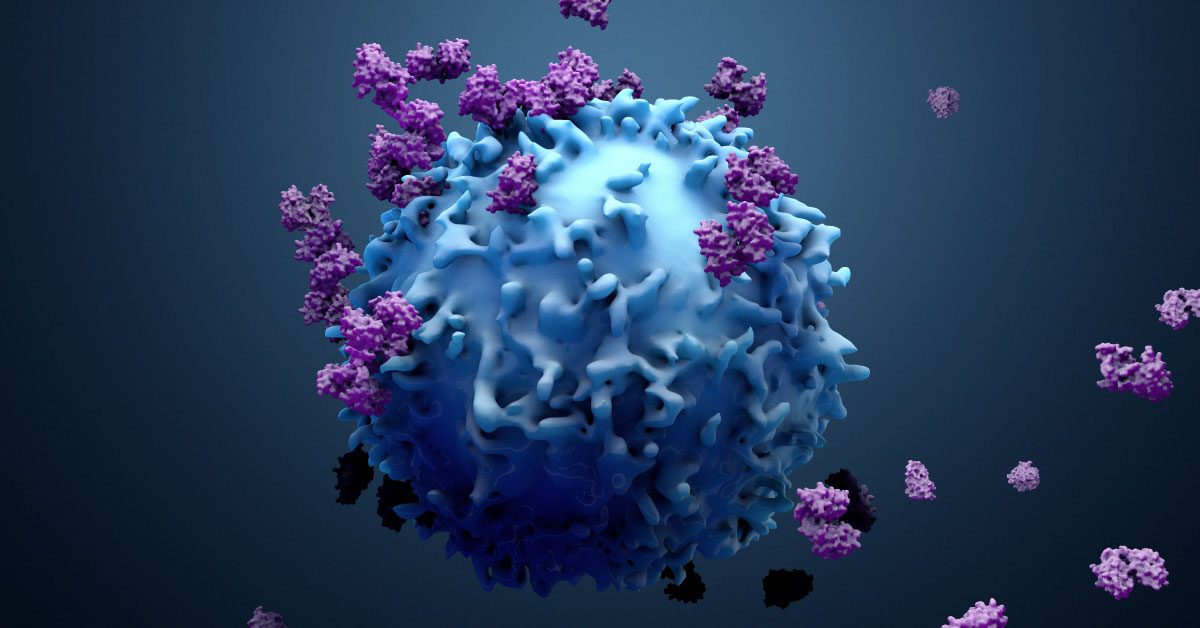
This study from the Johns Hopkins Scleroderma Center found that scleroderma patients with multiple autoimmune responses may be protected from the development of cancer.
Erika Darrah, Ph.D. is an Assistant Professor of Medicine in the Johns Hopkins University Division of Rheumatology with an interest understanding the mechanisms that drive the development of rheumatic diseases.